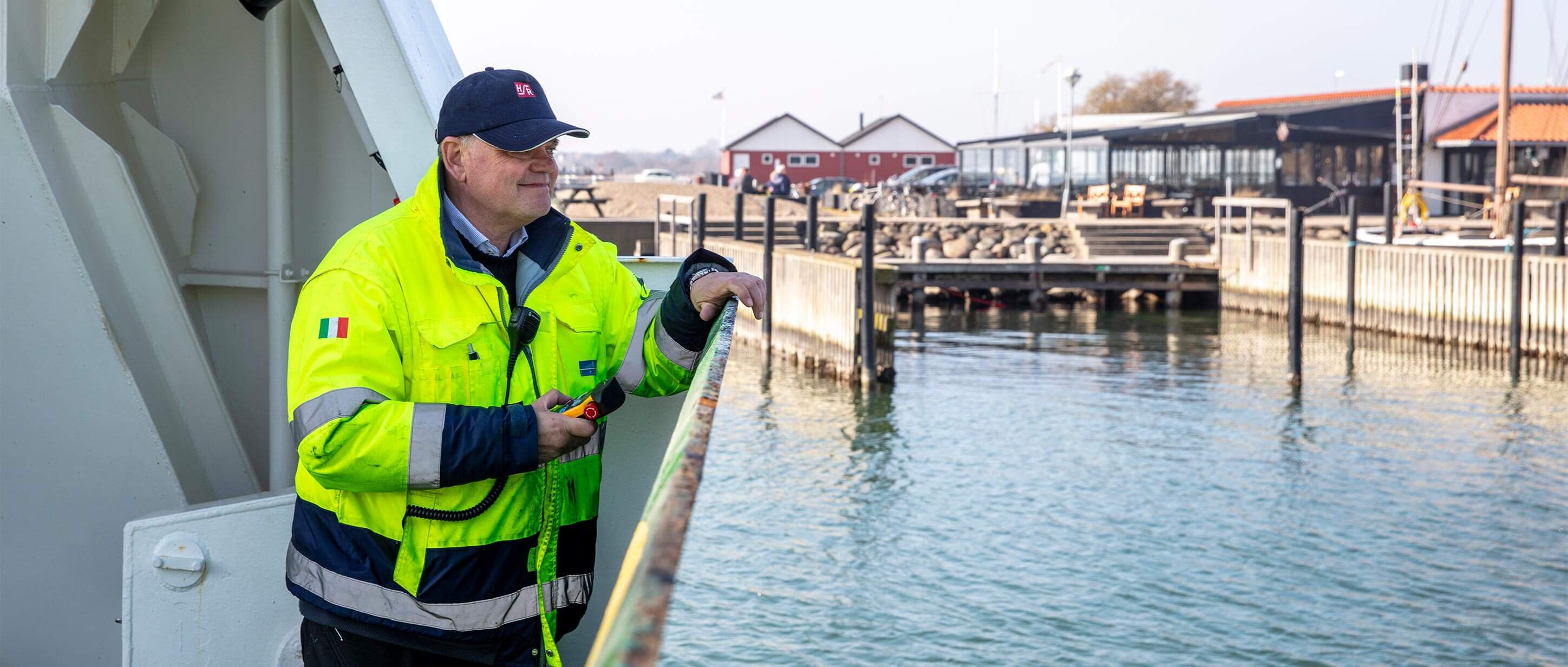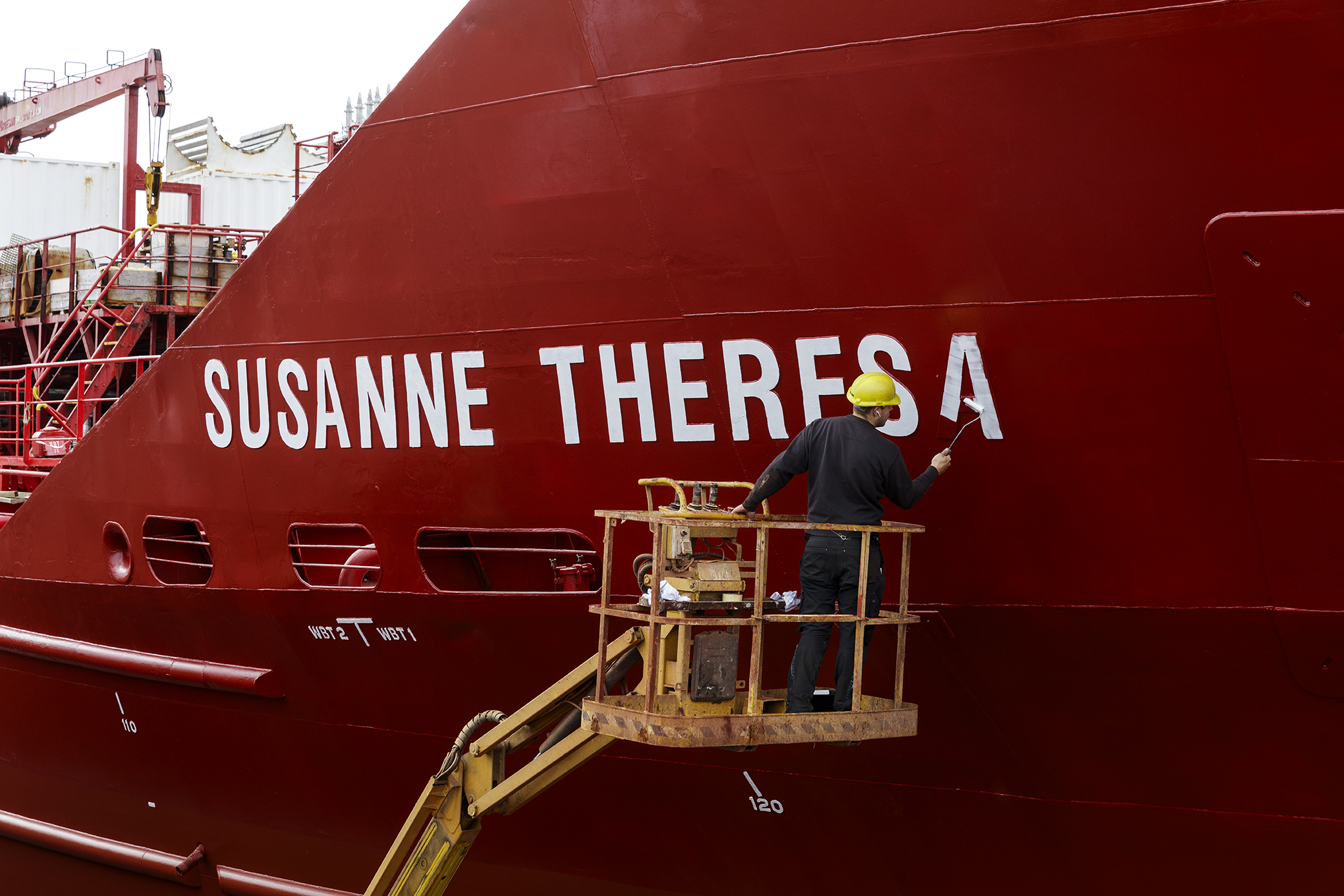For Christiania Shipping and Captain Preben Kodbøl of chemical tanker Susanne Theresa, good safety is first and foremost a matter of using your common sense, supported by appropriate procedures.
A well-maintained ship is a safe(r) ship. UFDS is visiting Søby Shipyard on Ærø, where shipping company Christiania Shipping it putting the motor tanker Susanne Theresa through an almost three week long stay in drydock to carry out planned repairs, paint the hull and handle several other large and small tasks.
Ranking among Christiania Shipping's smaller vessels, the 93-metre-long chemical tanker has now reached 18 years at sea, which takes its toll on a vessel. Plenty of activity is thus afoot from engine room to the bridge, where staff from the shipping company as well as the shipyard are knee-deep in various jobs.
But the physical environment is one thing – and obviously important – another thing is the attitude of the crew, emphasizes Captain Preben Kodbøl, speaking on the basis of 50 years of experience since entering shipping at 16.
»We always try to do things safely. And we keep an eye on each other. If we see a colleague doing something in the wrong way, we can draw a stop card and start over. In addition, of course, we have our procedures, and we do risk assessments for almost everything we do,« he says.
Likewise, accidents are reported should they occur, a near miss report is filed if something came close to going wrong, or a non-conformative notification if a procedure is not followed. In addition, regular toolbox meetings are held along with monthly security meetings where things are talked through.
»These are well-known elements in the industry, and also important tools. But we are such a small ship (the crew is a mere 13 strong, ed.), so we talk to each other all the time, and remind each other of these issues, and that is almost the most important thing,« Preben Kodbøl says.
The formal safety responsibility lies with the chief officer, who handles the shipping company's ship management system, environmental declarations and the like. But the thoughts of doing things safely must be in the back of everyone's minds, the captain emphasizes.
»We use our common sense. That is absolutely central. On top of that we get safety alerts from the other ships when they experience something that the rest of us can learn from. It's quite valuable so that we don't make the same mistakes,« he says.
»We use our common sense. That is absolutely central. On top of that we get safety alerts from the other ships when they experience something that the rest of us can learn from.«
Preben Kodbøl, Captain, Susanne Theresa
Value in a flat hierarchy
As on so many other ships in the merchant navy, the crew of the Susanne Theresa is quite international with a mix of Danes, Ukrainians, Filipinos and other nationalities alike. However, it works well both in terms of work and social aspects, Preben Kodbøl emphasizes.
»First and foremost, they are skilled professionals, and then we understand each other. We have a good tone of voice and fully understand how important that is for the working environment. And the crew members we have from the Philippines come back again and again, so we must do something right,« he says with a smile.
He stresses the concept of 'low power management' in relation to the Danish, slightly more relaxed way of doing things involving a flatter hierarchy than what can be found in many other places in the world, as something that a lot of foreign crew members greatly appreciate.
Otherwise, the safe everyday life on board is first and foremost about planning. A well-planned task very rarely goes wrong compared to a piece of work that has not been properly thought through in advance, Preben Kodbøl, who has 14 years in Christiania Shipping behind him, points out.
»We are being closely monitored in the tanker industry, so things have to be in order, both on paper and in practical terms, when we have inspections and control visits. But of course, it is in everyone's interest that everything works as it should, so that we can keep sailing,« he says.
Paperwork must not be too cumbersome
Chief Engineer Per Tvilling, who last year celebrated his 25th anniversary with the company, can attest to this interpretation, just as he supports his captain's view on the importance of simply thinking things over. Here, the requirements for permits, documentation and the like play an important role.
»The paperwork is good in the sense that it makes people stop and think about what is needed before a complicated or dangerous task, such as tank washing. But at the same time, it mustn’t be too cumbersome, taking away the focus, and some work orders, for example, could be easier to fill in,« he says.
To this end, he points out how the younger generations of marine engineers are good at handling this type of task. In addition, he praises them for generally thinking a lot about safety, which in his view also takes up more space in the education today compared to before.
»In a hectic environment like this, where a lot of things can happen quite quickly, you have to be able to trust that your partner also has safety on their minds. He needs to know how to protect himself, even when the ship is tilting 30 degrees and a filter needs to be changed,« Per Tvilling says.
Another important point concerns the dwindling number of crew members on board the ships. On the Susanne Theresa, Per Tvilling has two colleagues in the engine in the shape of a 2nd engineer and a motorman, and they are all three busy – also on deck and elsewhere – keeping the ship sailing.
If they on top of this also have to handle increasing amounts of administrative work, resources are removed from the many practical and security-related tasks. Therefore, it should be a priority to simplify some of the processes, he believes.
»Fundamentally though, things are going very well, and we never throw ourselves into something we don't have in full control. I have never been involved in an accident myself, nor have I ever seen one, so on that account I have been spared. But I do think we're good at thinking things through,« Per Tvilling says.
»The paperwork mustn’t become too cumbersome, taking away the focus, and some work orders, for example, could be easier to fill in.«
Per Tvilling, Chief Engineer, Susanne Theresa








